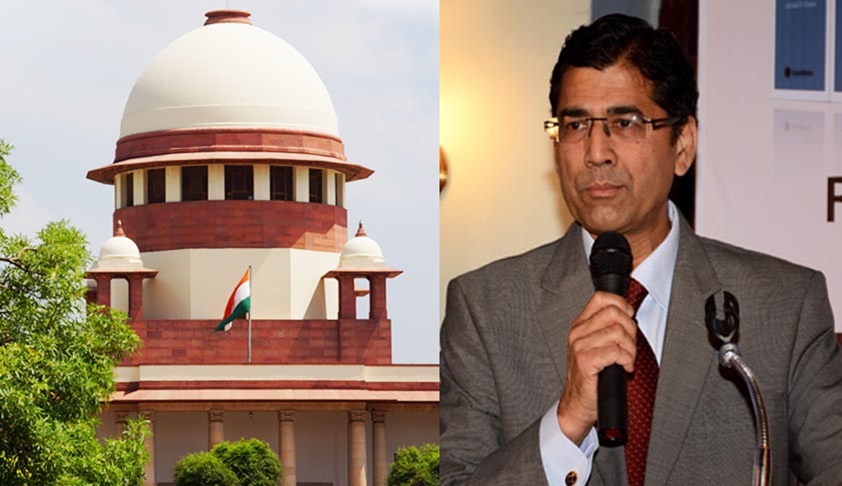Aadhaar Hearing (Day 14): PMLA Rule 9 Violates Spirit Of Article 14 In Entirety, Argues Senior Counsel Arvind Datar
Mehal Jain
6 March 2018 10:03 PM IST

Next Story
6 March 2018 10:03 PM IST
On Tuesday - Day 14 of the Aadhaar hearing, senior counsel Arvind Datar, making submissions on behalf of the petitioners, drew the attention of the bench to Rule 9 of the PMLA (Prevention of Money Laundering Act, 2002) Rules, as they stand after the 2017 amendment, requiring the linkage of existing bank accounts with the Aadhaar number and mandating the procurement of the number for opening...
